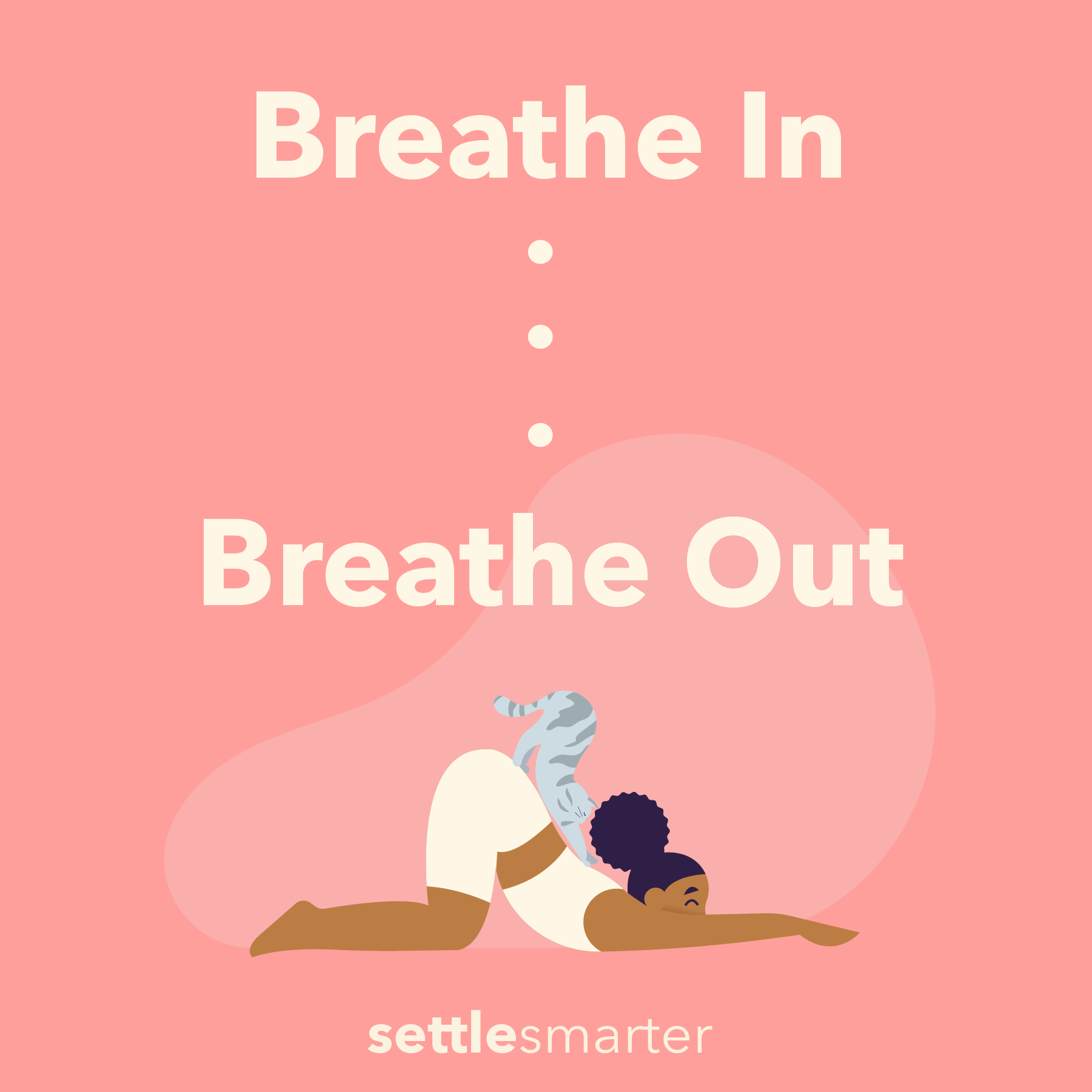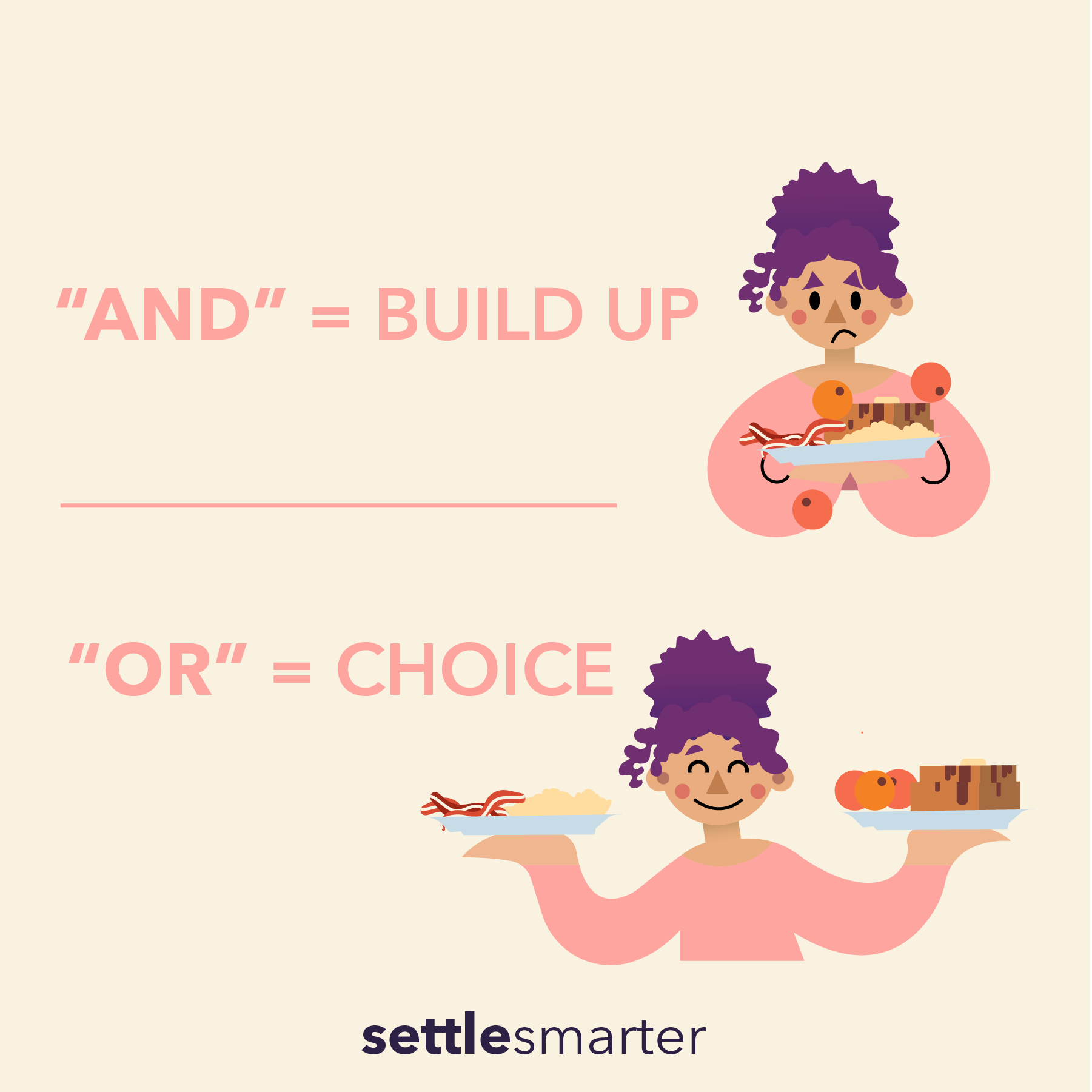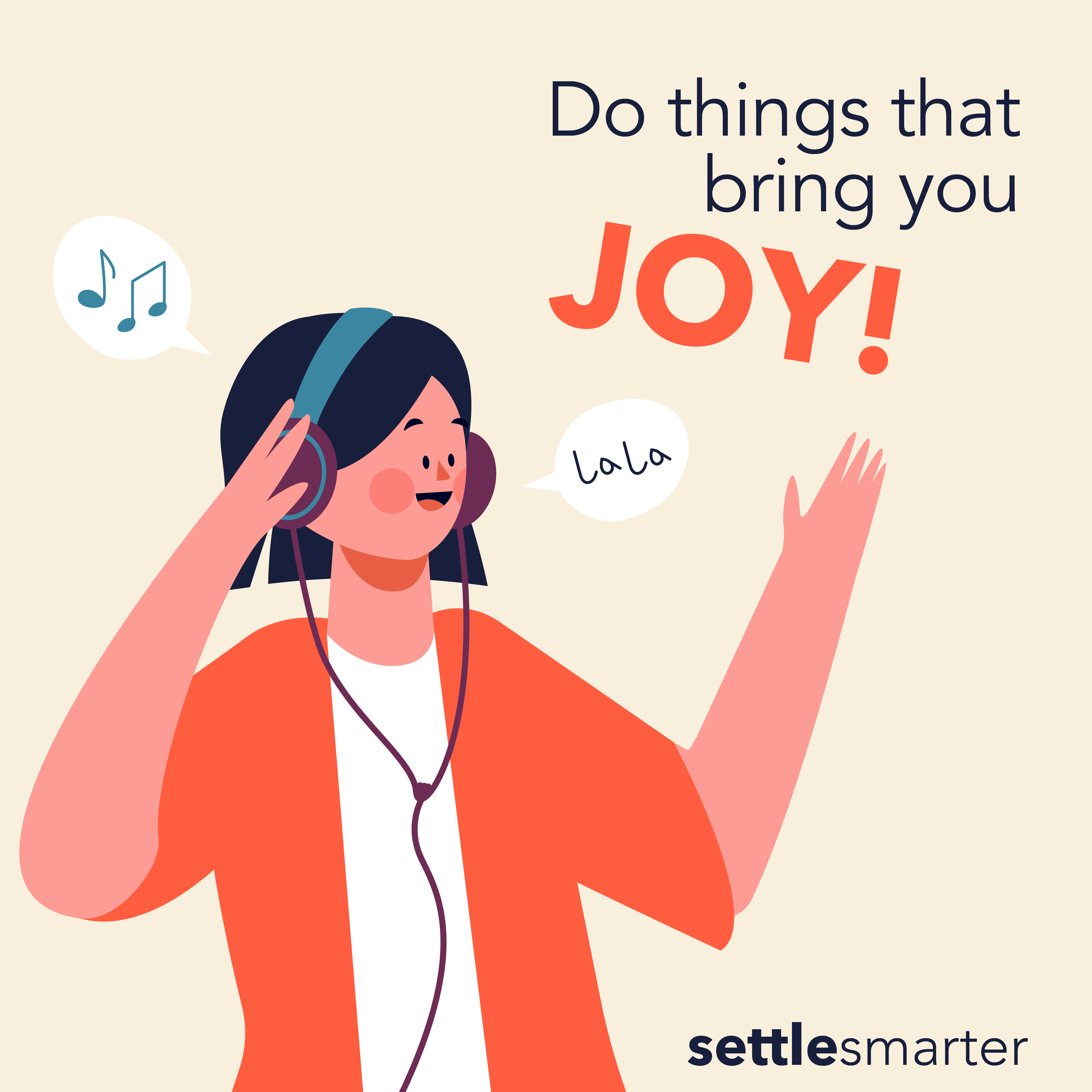If you’ve read my articles or follow me on social media, you know that I talk a lot about spending your time with intention. Prioritizing the things that matter to you and cutting back on all the things that don’t, so that you can spend your days in a way that makes you joyful, productive, and fulfilled.
But a big part of this mentality translates into all parts of your life. Being conscious about our time is only further served by being conscious about the spaces we occupy and the things we buy.
So, by this point, you have probably realized that I am talking about minimalism.
Now, let me be clear. I know the word “minimalism” can fill people with dread and images of white rooms with one piece of furniture that has five different functions. That’s not the type of minimalism I’m talking about.
I’m talking about only filling your space, and time, with things that make you happy, that have a purpose for you, and that aren’t just there to occupy space. Cluttering your time and space detracts from the things that matter to you.
This means that if you love reading, buy all the books that make you happy! As long as you are reading them, and you enjoy reading them. You don’t need to cut back on the things that bring you joy.
But if you’re buying books, and the act of buying makes you happy but the books simply sit on your bookshelves or in your Kindle looking pretty, that’s just clutter. It’s not serving you and you’re just accumulating things that fill up space, but don’t fill your soul.
Quality Over Quantity
You have probably heard the term Quality over Quantity so often that you’re ready to throw up from the mere mention of it. So, instead of me harping on about “why” you should choose it, I’m going to be a little more practical and talk about “how” you can do it. What steps you can take to start prioritizing the things that matter to you and devaluing the things that don’t.
1. Cut Back on Electronics Time
Let’s start with a relatively obvious but probably one of the most difficult steps. Cutting back on time spent on your phone, on social media, on email, and watching TV. The way the modern world works, any app you’re using is designed to keep you on it. And if you’re not on it, it will spam your phone until you give in and log back on. (If you haven’t seen the fantastic documentary The Social Dilemma on Netflix, I highly, highly recommend it.)
According to a 2016 Nielsen Total Audience Report, most Americans spend more than 10 hours a day staring at a screen. And there’s no way that time hasn’t increased with the pandemic. So, step one. Turn off your notifications from ALL your social media apps – and email too if your job allows it. No more reminders to log back on. You have better things to do with your time. And if you are able to turn email off, set dedicated times during the day to check email.
I have yet to see a single study that says spending 10 hours in front of a screen is as beneficial. But it’s baked into most of our lives. We wake up, check our phones. We sit down to eat, we check our phones. We wait in line at the grocery store, we check our phones. All that time is, I’m sorry to be blunt, a waste. It’s just taking up space for the sake of taking up space. We are so used to always having something to look at that we often forget to live intentionally.

Step two, go outside. I know I probably sound a little like your mother at this point, but she was right! According to this article by the American Psychological Association, researchers found that “people who feel more connected to nature have a greater…type of contentment that goes beyond just feeling good and includes having meaningful purpose in life.” Whether you live in an urban environment and go to a little park, or you live in a more rural setting and have green and blue spaces around you, being outside in nature is good for your mental and physical wellbeing.
Instead of waking up and looking at your phone, try waking up, taking a shower, going outside and sitting down and having a cup of coffee, tea, juice, or your morning beverage of choice, and just enjoying the morning. Let your brain and body wake up. Focus on the flavors of your drink. Or on the morning air. Or just the sounds of the world around you. And once you feel sufficiently awake and energized, then start doing whatever you need to do that day. I don’t care if this ritual takes 15 minutes or 2 hours. I promise you, you will feel more alert and less anxious going into your day.
And whenever you feel like things are too much and you need a break, take it outside as often as you can – sans phone. Step outside your door for 5 minutes, open a window if that’s not possible. Take a quick 15-minute walk around the block. Give yourself a break from the constant bombardment of the electronics that dominate our lives.
2. Declutter Your Day & Your Closet
I’ve written quite a few articles on how to make choices for your time based on what matters to you (I especially recommend this article if you’re struggling!). But the TL,DR is this: You are saying “yes” to too many things. Understand what you want out of your life and ONLY say yes to the things that serve you. Say no to everything else. And yes, you will be saying “no” a lot.
The same principle applies to the physical things in your life. Think about the clothes in your closet. How many of them do you actually wear regularly, especially when you consider how often you purchase new clothes? Most likely, there are pieces in your closet that you haven’t worn in months or maybe even years.

Time to clean out the closet!
I did this during a recent move, and let me tell you, it was one of the most freeing experiences I’ve ever had. Whether or not we realize it, we are weighed down by our stuff. And when we get rid of the things that don’t serve us, that don’t bring us joy, it is a type of catharsis.
Go through ALL your clothes – and if you’re like me, I know how daunting that can be. But I promise you, it is so worth it. Only keep the pieces that you love and wear regularly. If they’re more formal clothes, you have to have worn them at least three times. Everything else gets donated.
Once you’ve done that, you can only buy new clothes if you absolutely love them and know you will have opportunities to wear them.
Next, do this with other items in your life that you feel may be taking up a lot of physical and mental space. You will find that some things you will almost completely clear out while others you may only get rid of one or two items. And that’s totally fine! The goal isn’t to have no items. Simply to only have and purchase the things that bring you joy after they have been purchased.
3. On Workspaces
With COVID-19 many people started working from home, and even as the restrictions are lifting, many of us will remain virtual. Working virtually can, at times, be a double-edged sword. You make your own schedule and work at your own time, but the line between work and everything else can become very blurry (I go more in-depth about the tips and tricks for working from home – and keeping your sanity – in an interview here.).

One of the best things you can do while working from home is to have a dedicated space to work (whether that’s a whole room or a corner with a desk) and keep it neat! Don’t over-clutter your workspace. Only keep the things you use for your work on your desk and take everything else off! Especially working from home, it is so easy to start using your workspace as a storage space for all the other parts of your life. All of a sudden you have dog treats, toys, mail, dirty cups, etc. all taking up space on your desk. And sometimes these things can’t be helped, but before and after you work, take two minutes to organize and clean your space. It will help you go into your work more focused and you’ll find yourself more productive.
Decluttering Makes Room for JOY
Minimalism isn’t about getting rid of everything – at least not the way I interpret it. Just the things that don’t serve a purpose or give you joy.
It’s about freeing up space, both physically and mentally, so that you can make more room for the things that truly matter to you. If you take the time to declutter your space, you will find that your mind has an easier time focusing on whatever task is in front of it.


